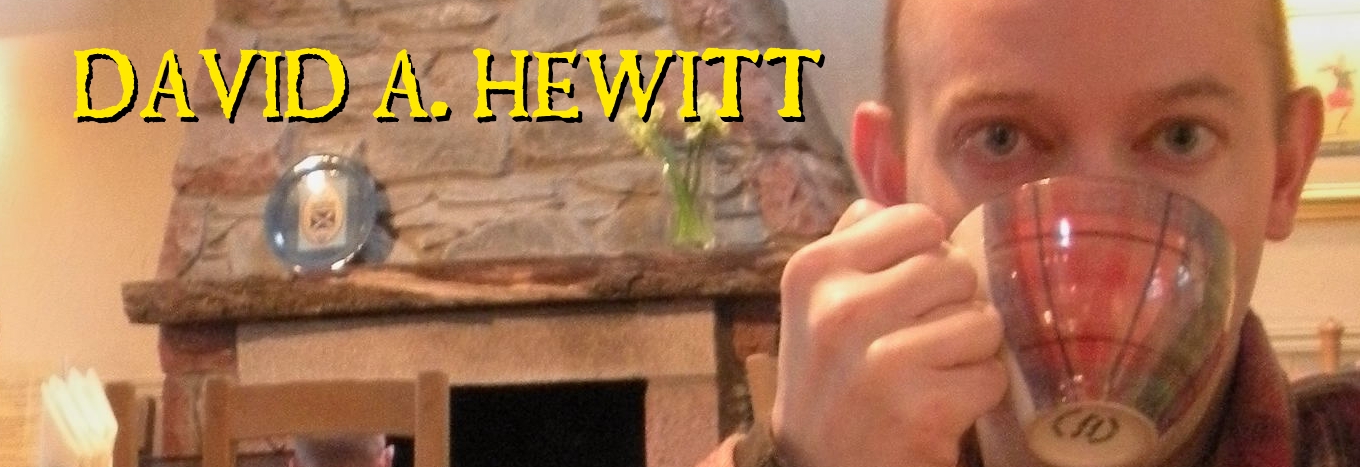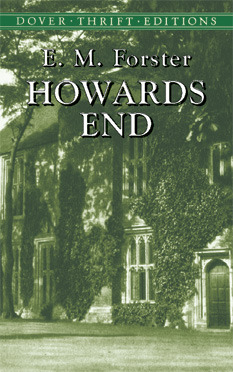[Contains one minor spoiler; originally posted on Goodreads May 17, 2012]
Aside from his nonfiction book “Aspects of the Novel,” “Howards End” is the first Forster I’ve read. This is by no means a bad book, and I can see why it might be considered a classic, and why a film made from it made for perfect Oscar-bait: the novel is well laden with English country houses, Victorian and Edwardian social mores, and good old fashioned English salt-of-the-earth, stiff-upper-lip characters with deep feelings deeply suppressed.
My lukewarm response to Howards End is, I confess, cultural in nature: the moral dilemmas and kvetching of the Victorian and Edwardian upper classes almost always fail to hold my interest. Even when they’re making a moral point, as Forster here is striving to do, about the dehumanization of the working classes by the upper crust, so many authors make the fundamental mistake of treating those working-class characters as some combination of comic relief and opportunity for the important characters, i.e. the upper-middle-class or High Society heroines, to learn something about What Really Matters. All of which is well and good, but when in “Howards End,” for instance, Helen is faced with the scandalous prospect of single motherhood, any drama or moral crisis inherent in this situation is, to my mind, fatally weakened by the fact of her familial wealth–whatever the social opprobrium, neither mother nor child is in any danger of going hungry, and Helen has an easy option of popping off to Germany to live with what seems to be a lesbian lover. Had she been a person of the working classes with the same crisis, the same sexual proclivities, the stakes would have been much higher, the solutions much less easy, the ending much less pretty and pat.
This isn’t a weakness unique to Forster; I have consistently had the same reaction in trying to read, say, Virginia Woolf or Henry James (whom I can only count as an author of Victorian England, wherever he may have resided at parts of his life). It’s not that wealthy or comfortable characters never suffer; we all do, in our own ways. But all these safe little characters with their safe little moral and social dilemmas are tiny goldfish in tiny goldfish bowls when set against the genuine dramas spun by the stronger writers of the time. Dickens is the towering example in the realm of (mostly) realism, while the ones who manage to pull genuine drama out of the wealthier English classes are those who pandered to the masses with fantasy or potboilers: Conan Doyle, Bram Stoker, Robt. Louis Stevenson, Oscar Wilde. And at risk of sounding extremely jingoistic, I might add that for my money, no English “literary” writer of the Victorian/Edwardian era–even Conrad, whom so many writers are taught to worship–even deserves mention in the same sentence as the creative giants working on the American side of the pond in the 19th century, namely Melville, Twain, and Poe. “Howards End” is a safe book which for its conclusion takes tragedy and, rather than leave the stage blood-spattered and the audience in shock, as Shakespeare or Poe or Melville might, pulls the reader’s attention away from any unpleasantness and back to a pretty family, a pretty yard, and a pretty house.

